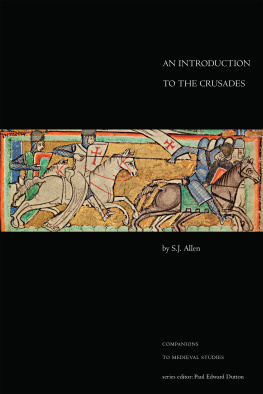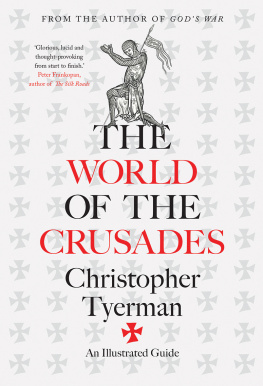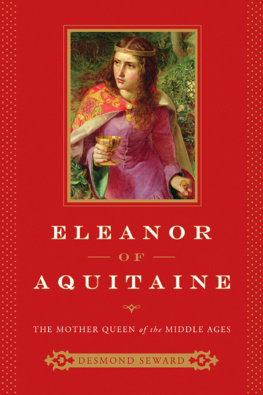First published in 2004 by
Kegan Paul Limited
This edition first published in 2009 by
Routledge
2 Park Square, Milton Park, Abingdon, Oxon, OX14 4RN
Simultaneously published in the USA and Canada
by Routledge
270 Madison Avenue, New York, NY 10016
Routledge is an imprint of the Taylor & Francis Group, an informa business
Kegan Paul, 2004
Transferred to Digital Printing 2009
All rights reserved. No part of this book may be reprinted or reproduced or utilised in any form or by any electronic, mechanical, or other means, now known or hereafter invented, including photocopying and recording, or in any information storage or retrieval system, without permission in writing from the publishers.
British Library Cataloguing in Publication Data
A catalogue record for this book is available from the British Library
ISBN 10: 0710309325 (hbk)
ISBN 13: 9780710309327 (hbk)
Publishers Note
The publisher has gone to great lengths to ensure the quality of this reprint but points out that some imperfections in the original copies may be apparent. The publisher has made every effort to contact original copyright holders and would welcome correspondence from those they have been unable to trace.
PREFACE.
THE present volume comprises the three most interesting contemporary Chronicles of the Crusades which have been handed down to us ; two of them recording very fully the romantic deeds of our lion-hearted Plantagenet ; the third the chivalric career of the pious and exemplary Saint Louis of France.
Of the author of the first of these Chronicles, Richard of Devizes, nothing is known beyond what he himself informs us in his preface, by which it appears, that he was in early life a monk of St. Swithins Priory at Winchester, and subsequently a Carthusian of Witham. Other works have been ascribed to the same writer, but there is great uncertainty as to their authorship. His Chronicle is valuable, because it connects affairs which were passing in England with the events which took place simultaneously in the Holy Land. The original Latin was first published by the English Historical Society, under the editorial care of the Rev. Joseph Stevenson. From that edition, a translation was made by the Rev. Dr. Giles, in 1841, which is here reprinted, with occasional emendations by himself.
The second work in this series is the History of the Expedition of Richard Cur de Lion to the Holy Land, by Geoffrey de Vinsauf (or Vinosalvo). Little is known of this author, but the peculiarity of his name has given rise to several ingenious conjectures as to its etymology. Some derive it from Vin and sauver, and suppose he may have had the custody of wine in his monastery ; others from the German words Wein and sauffen, which would imply tippling. Others, again, suppose that he may have been superintendent of the vineyard, the wine-pressing, preserving, &c. Pits, somewhat in confirmation of this latter notion, cites a MS. which he saw in Caius College, Cambridge, written by one Geoffrey, on preserving wines and fruits, and on grafting.
Whatever may be the true derivation of his name, Geoffrey is generally believed to have been an Englishman by birth, but of a Norman family. His writings are numerous, and several of them poetical. The following are the principal :
On preserving Wines, Fruits, &c. (De Vinis, fructibus, &c., conservandis).
Itinerarium Regis Anglorum Richardi, et aliorum in Terram Hiero-solymorum.
To the Emperor Henry, about liberating King Richard (Ad Csarem, &c.).
Monody on the Death of King Richard (Monodia, &c.).
To William Longchamps, Bishop of Ely, and Chancellor (Ad Wilhelmum, &c.).
Of the State of the Roman Court (De Statu Curi Roman).
Manual or Handbook (Enchiridion).
On New Poetry (De Poetria Nova).
On Rhetoric (De Arte dicendi). On Ethics (De Rebus Ethicis).
But of all his works, the most important and intrinsically valuable is his History of the Third Crusade, under Richard the First of England and Philip Augustus of France. It is the only Chronicle written by an eye-witness, those furious assaults which the army of Saladin made upon the Christians, and of the firmness with which the lion-hearted Richard withstood and repulsed them. If the reader takes the trouble of comparing Geoffreys full and interesting account of the Crusade with that of Richard of Devizes, he will perceive how much superior it is in every respect. Geoffrey lived to see the death of King Richard, and the accession of his brother John, and it is much to be lamented that he breaks off his history, somewhat abruptly, just at the moment when the Crusaders embark on board ship to leave the Holy Land, at the end of the year 1192. The original of this interesting record was printed for the first time complete in the second volume of Gale and Fells Collection in 1687, but fragments had previously been given by Bongars in his Gesta Dei per Francos. The present translation is the conjoint labour of a classical scholar and a gentleman well read in Medival history ; a mode of proceeding which, after some experiment, it was found advisable to adopt, our authors corrupt Latin being frequently so vague and uncertain as to defy the best scholar who has not made the lore of the middle ages his particular study.
The third and last, and by no means the least interesting work in this volume, is Joinvilles Memoirs of Saint Louis, the crusading king of France. The translation is by Colonel Johnes, of Hafod, and is given entire, with all the notes which are really illustrative of the author. Head-lines, dates, and an index have been added ; which have, at least, this merit, that no previous edition, either English or French, has any of these useful accompaniments. The Biographical Sketch of Joinville is compiled from Colonel Johness materials, the Biographie Universelle, and other sources.
II. G. B.
August, 1848.
















